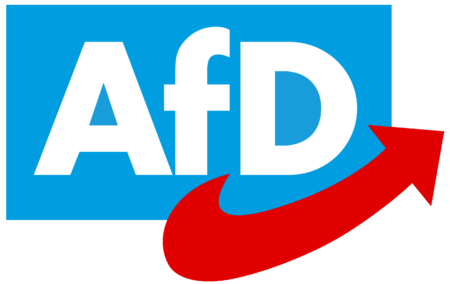There are increasing calls in Germany to ban the Alternative for Germany (AfD), a right-wing Eurosceptic party.
It was formed in 2013 and first entered the German parliament in 2017. However, recent polls have shown a surge in support for the party, with more than 20% of Germans saying they would vote for it. The only party which has more support in polls is the centre-right Christian Democratic Union (CDU), meaning that the AfD has more support than any of the three parties which are in the current governing coalition (the Social Democrats, the Free Democrats, and the Greens).
The AfD is also the second-biggest party in a number of state parliaments, although it does not govern in any of them.
The AfD’s positions are seen by some critics as far right and it has been accused of having links to neo-Nazi groups. This has seen calls for the party to be banned.
The German President, Frank-Walter Steinmeier, said in a recent speech that ‘we all have it in our hands to put those who despise our democracy in their place’.
The influential news magazine, Der Spiegel, also said that the AfD, as an ‘enemy’ of the German constitution should be banned, with senior members of the governing Social Democrats also supporting the call.
However, others, including the leader of the CDU, Friedrich Merz, urged moderation, saying that banning political parties never solved political problems.
It is unlikely that the AfD will meet the legal requirements for it to be banned, but some commentators have said that even calling for the party to be banned shows a dangerous illiberal streak within German politics.


